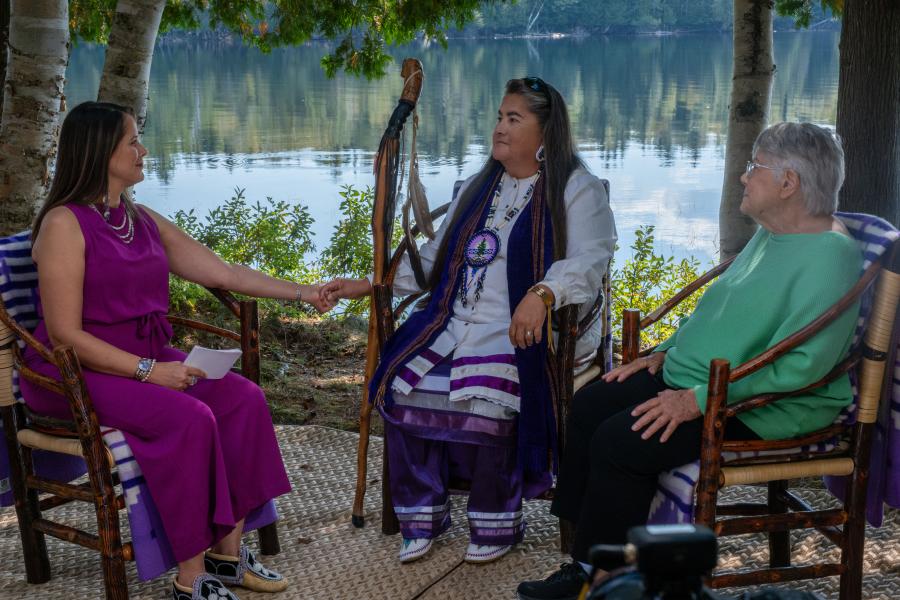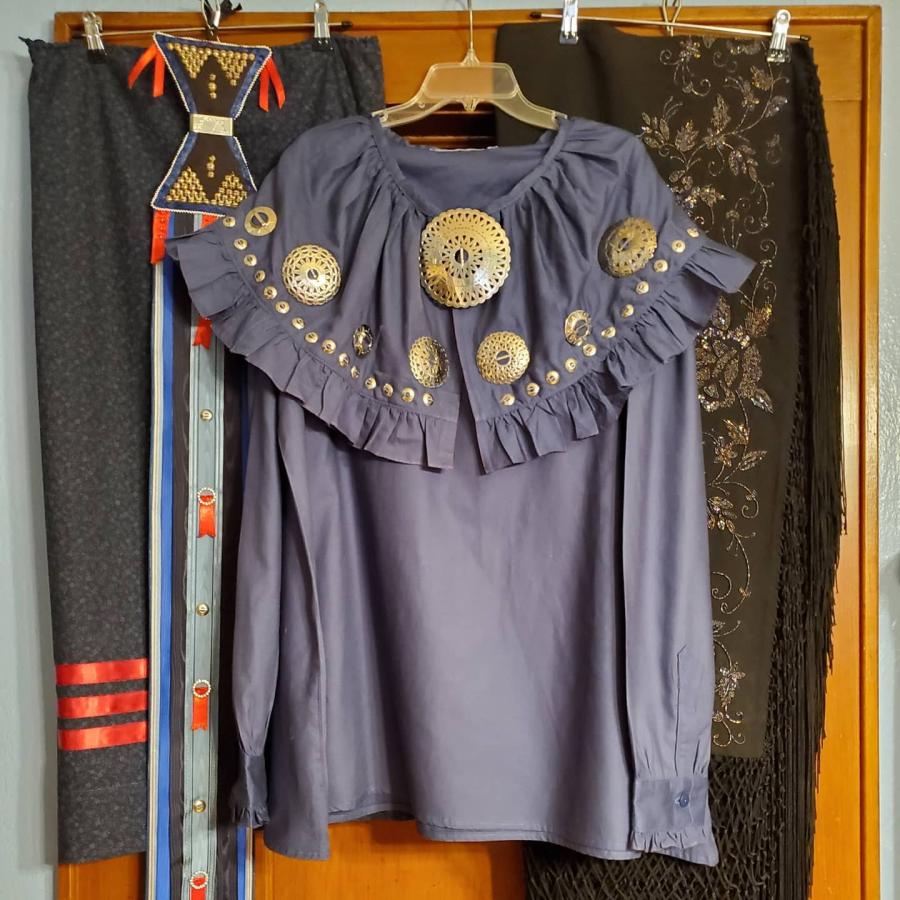The World Bank has announced it will give $600,000 per year for three years to establish a grants facility for indigenous peoples. The plan was presented at the July meeting of the U.N. Working Group on Indigenous Populations in Geneva, Switzerland.
By supporting a grants facility run by indigenous peoples, the World Bank hopes to address the three main complaints usually expressed about its development projects, said Navin Rai of the World Bank. Those complaints are about the insufficient involvement of indigenous peoples in decision-making for World Bank projects that will affect them, large-scale projects that often have large-scale negative impacts on indigenous peoples, and that projects must go through governments that are often unresponsive to indigenous peoples in the first place.
The facility would grant money directly to non-governmental organizations (NGOs) and indigenous peoples' organizations (IPOs), bypassing state governments. The grants will be between $10,000 and $50,000 to fund small-scale projects. "Some communities may need to band together, which would encourage local cooperation," Kaiaseipo said.
The grants facility will be housed at the World Bank for the first three years, and then turned over to be sustained by indigenous peoples. The majority of the facility's 12-member board will be indigenous people, said Victor Kaiaseipo, elected by Indigenous Caucus to chair the board of the grants facility. Of the annual payment of $600,000, $150,000 is earmarked to fund the U.N. Permanent Forum on Indigenous Issues and $100,000 will go to the Andean Capacity-Building Initiative, leaving $350,000 to be governed by the board.
The facility will likely become a model within the World Bank of free, prior, and informed consent. While some indigenous peoples may decide to reject the proposal on principle, others will view it as an opportunity.
Mark Camp is general manager of Cultural Survival.



